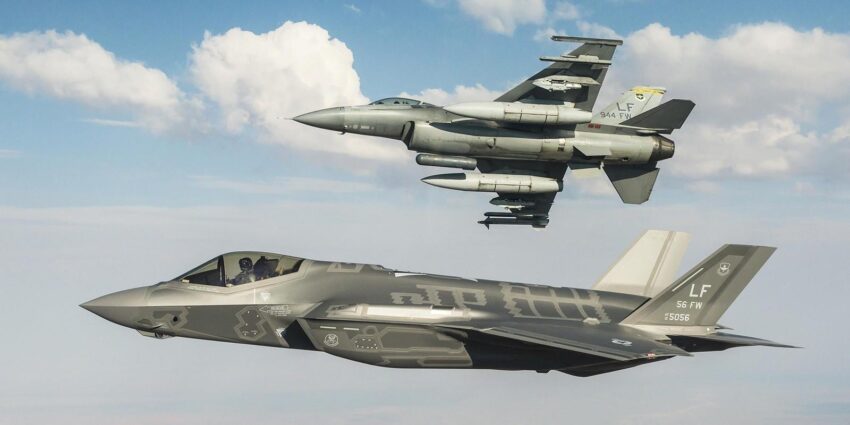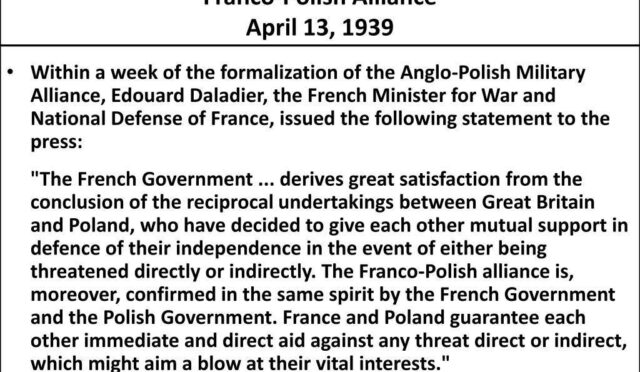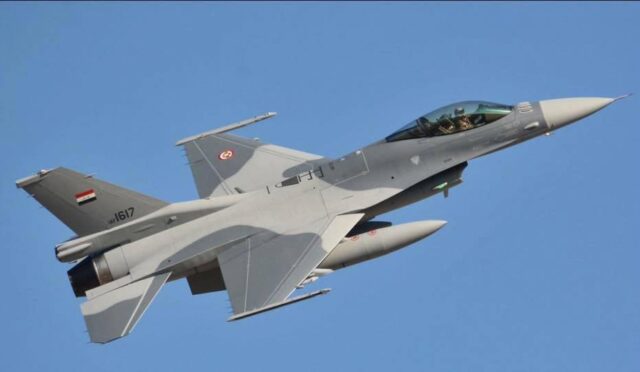Lockheed Martin’s Strategic Agreement with Portugal
Lockheed Martin has cemented a strategic partnership with a Portuguese industry group to explore the potential for local involvement in the F-35 program, contingent upon Portugal reconsidering its decision to not procure the American fighter jet. This partnership, formalized through a memorandum of understanding, involves AED Cluster Portugal—a private, non-profit organization that represents over 140 entities in the aerospace, space, and defense industries. Their role will be to identify local companies that are willing to engage in various aspects of F-35 production, including research, maintenance, and training efforts.
This agreement establishes AED as a crucial link between Lockheed Martin and prospective Portuguese suppliers, effectively setting the groundwork for future integration into the F-35 supply chain. As highlighted by the US Embassy in Lisbon, this deal opens up tremendous opportunities for Portuguese firms to participate in advanced technological programs, thereby enhancing the national aerospace and defense sector.
Lisbon’s Hesitations
In November 2023, the Portuguese Air Force officially recommended the acquisition of F-35 fighter jets to modernize its fleet. General João Cartaxo Alves, the Chief of Staff, emphasized that the American aircraft stands as the sole viable replacement for Portugal’s aging F-16s. However, the country’s Defense Minister, Nuno Melo, has expressed apprehensions regarding this decision. His concerns have been particularly heightened in light of Donald Trump’s recent reelection and the escalating doubts about the reliability of American defense commitments.
Melo remarked, “We cannot ignore the geopolitical environment in our choices. The recent position of the US, in the context of NATO, must prompt us to carefully consider our best options, as the predictability of our allies is a critical asset to factor in,” as reported by Politico. The F-35, regarded as one of the most advanced fighter jets globally, depends heavily on ongoing software updates and part logistics, which are tightly regulated by the US. This dependence raises potential strategic vulnerabilities, particularly if future geopolitical changes restrict access to essential resources. Nevertheless, the Portuguese defense ministry keeps the F-35 under consideration, alongside European alternatives, as it navigates these complex decisions.







